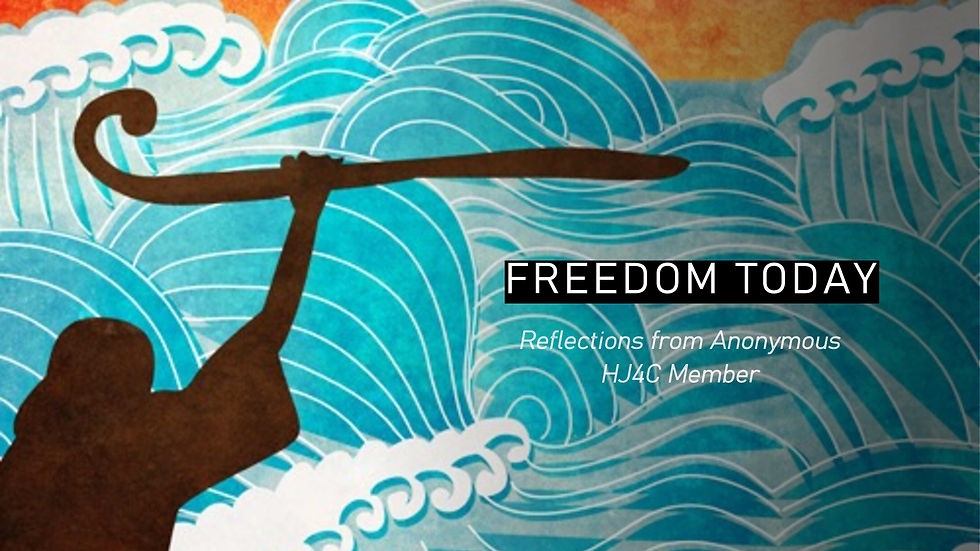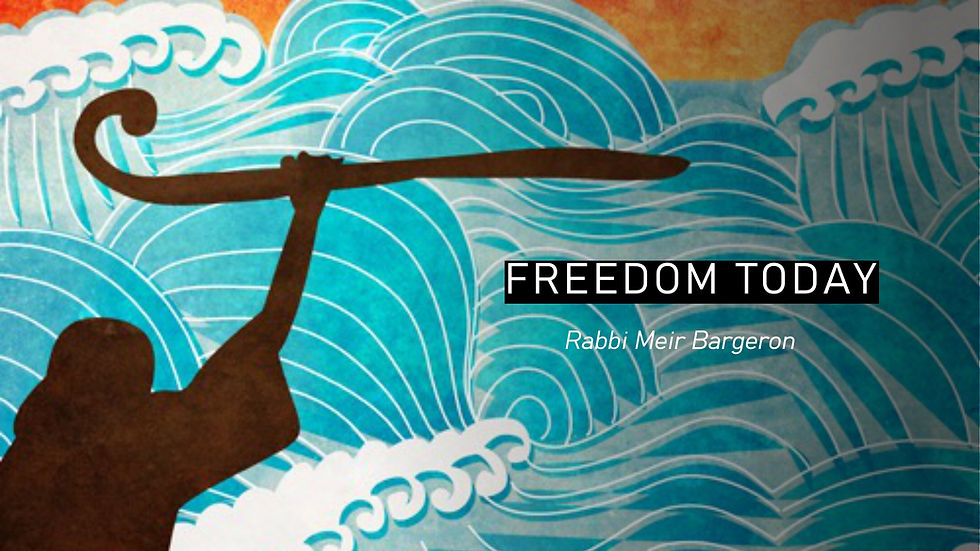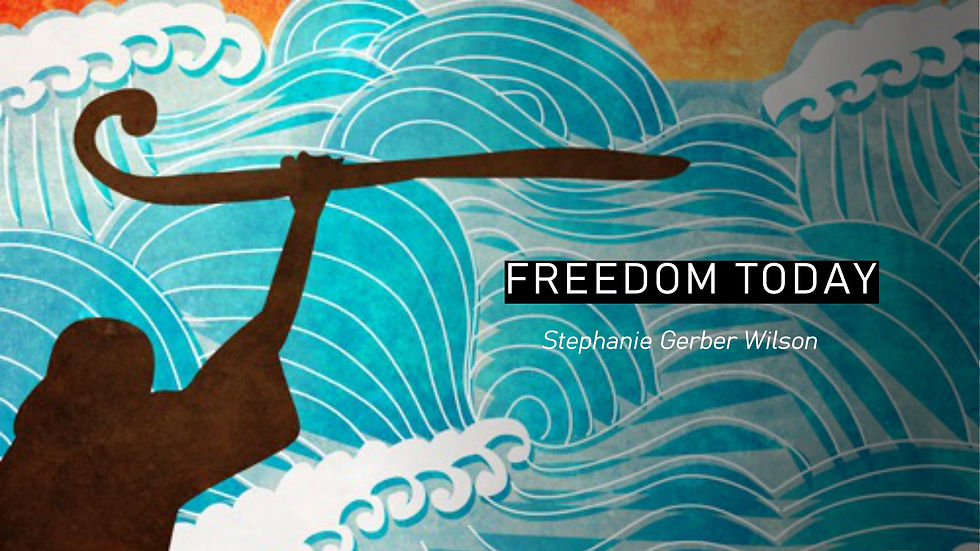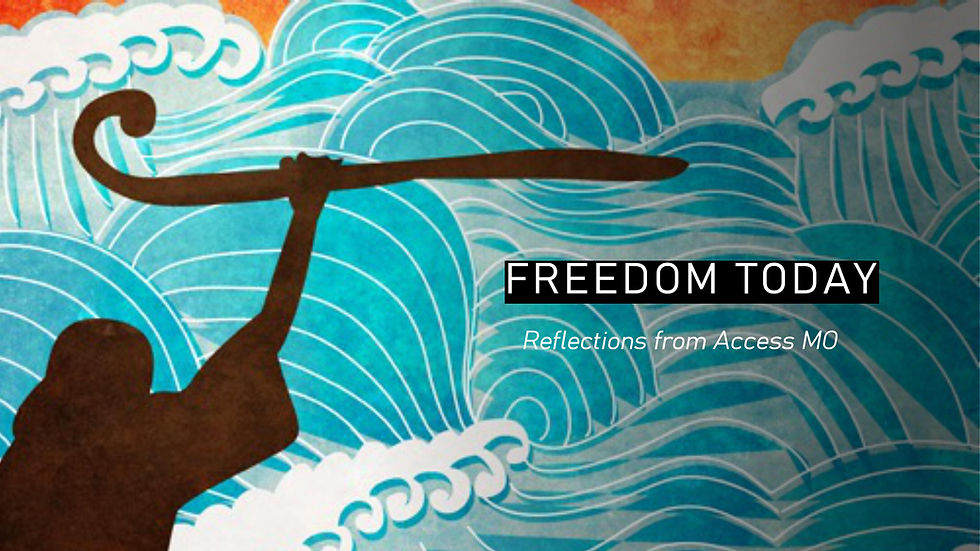Freedom Today, Post 2
- hoosierjewsforchoi
- Apr 6, 2023
- 3 min read
Passover Reflection from Anonymous HJ4C member

I first learned about the Dobbs decision while on a train returning to Dublin, my temporary home for the summer of 2022. After a good long cry, for which I think I received some puzzled stares, I was struck by the differing trajectories of my home and host countries. The history of reproductive rights in Ireland is a complicated one, colored by colonization and responses to it. Ireland had only won the right to abortion four years prior. And yet, here I was, sitting in a quite religious country, suddenly with more reproductive freedoms than I would have when I returned home.
The right to an abortion, to be clear, was not an easy victory in Ireland, and several previous attempts to increase access to the procedure had failed. Just a few days before the Dobbs announcement, I had attended a feminist cabaret in the basement of a pub, and had watched a spoken word performance depicting the pain and anxiety felt by many leading up to Ireland's historic vote. Notably, here, the 36th amendment to the Irish constitution, which permitted the parliament to legislate over abortion and overruled a previous amendment banning abortion, was won through a referendum. Ultimately, 66.4% of Irish voters felt that reproductive freedoms could coexist with religious freedoms.
The Establishment Clause of the first amendment to our constitution prohibits the government from establishing or enforcing a particular religion – it ensures the separation of church and state. While it has been stated countless times, it bears repeating that banning abortion, which has been done on the grounds of the beliefs of a single religion, undeniably violates this. Not all religions believe that life begins at conception, and some – my Jewish faith included – emphasize the necessity of abortion in certain circumstances. But ultimately, even if the population of the United States belonged almost entirely to one faith – which it by no means does – the case of Ireland points to the fact that this is not just about religion. If a majority-Catholic country, with a religiously-motivated anti-abortion law, can ultimately vote in support of abortion access by an overwhelming majority, then clearly faith and choice can live side by side. If American citizens were given the same choice through a referendum that Irish nationals were, abortion access would surely be protected today – as we know, voters in the U.S. overwhelmingly support the right to choose. Ultimately, in the case of Ireland, democracy prevailed, while in the U.S., democracy is failing. Irish voters weighed issues of religion against reproductive freedom and found a way for the two to coexist. American voters have largely been denied this opportunity.

As I think about that train ride back into Dublin, and the sinking feeling of realizing the home I left would not be the one I would return to after the summer, I am also left with a glimmer of hope. In imagining a more just future, I picture an America that once again universally allows its residents to choose to have an abortion. But I also picture an America with a strengthened democracy, one that listens to its citizens and is truly run by and for the people. Each year, at the Pesach table, we recount stories of freedom and triumph over oppression. As I consider fights for freedom in the present, I look to Ireland, with struggles for freedom at the core of its own history, and I find inspiration.



Comments